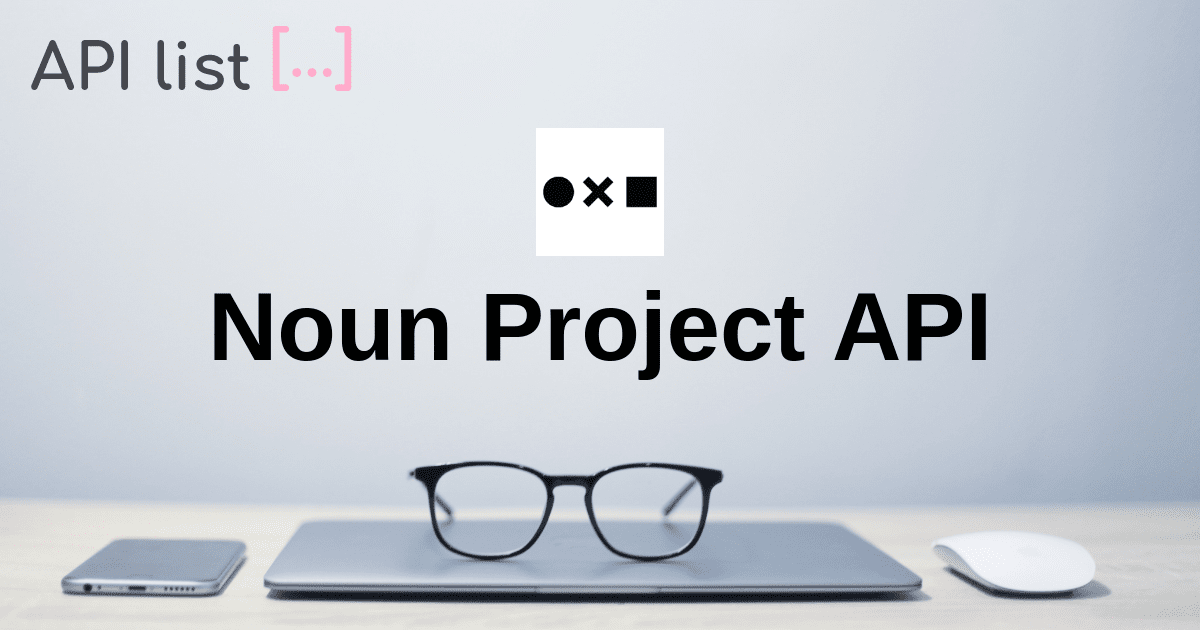

determiners That is a difficult question, but that woman knows the answer. The grammatical distinction between the two is that pronouns stand on their own as the subject or object of a verb, whereas determiners are only used to modify nouns, not acting as subjects or objects in their own right. For example, possessive pronouns like “yours” are closely related to possessive determiners like “your” and demonstrative pronouns like “that” are identical to the demonstrative determiners. Many pronouns are closely related to determiners, being spelled similarly (or identically) and expressing related meanings.
#Email noun the noun project for free#
Use the best grammar checker available to check for common mistakes in your text.įix mistakes for free Pronouns vs.

Example: Nouns in a sentence Danika went up several flights of stairs to reach the fifth floor, where her office was located. For example, while the third-person masculine pronoun “he” becomes “him” when used as an object, the noun “man” doesn’t change. Unlike pronouns, nouns are fixed in form-they don’t change spellings depending on their grammatical role in a sentence. A complete sentence may consist of just a noun and a verb (“Jeremy spoke.”), just as it could of a pronoun and a verb (“He spoke.”). Like pronouns, nouns can function as the head of a noun phrase and as the object or subject of a verb. Like pronouns, nouns refer to things, people, places, and concepts, but they do so with much greater specificity. While pronouns constitute a relatively small class of words that tends not to change over time, nouns are a much broader class that is constantly expanding. Note Some pronouns, such as “you” and “I,” don’t need an antecedent because it’s self-evident to whom they refer.

If there is any ambiguity, use the noun instead. When you use any type of pronoun, it’s important to ensure that the antecedent is clear and unambiguous. Examples: Pronouns and antecedents Annie was late to class again because she missed the bus.Īs they debated the point, the students became increasingly animated. Pronoun-antecedent agreement means ensuring that the pronoun you use matches its antecedent in number, person, and gender. The antecedent may also be something the person you’re speaking to said. It’s usually mentioned in the text before the pronoun, but sometimes it comes just after it in a sentence. The antecedent of a pronoun is the noun that it refers back to. Despite the name, noun phrases can just as well consist of pronouns as of nouns.įor example, the sentence “You and I saw someone else” contains two noun phrases, both headed by pronouns: “you and I” and “someone else.” Pronoun antecedents The indirect object is someone or something that receives the direct object.Įxamples: Pronouns as direct and indirect objectsGive me that!Ĭan you promise her this? NoteA noun phrase is a noun or pronoun in combination with any determiners applied to it.The direct object is something or someone that is directly acted upon by the verb.It is difficult to stay calm in stressful situations.Ī pronoun can also function as the object in a sentence-either a direct or indirect object:

Examples: Pronouns as subjects I like to play chess. Like nouns, pronouns commonly serve as the subject of a sentence, followed by a verb (a word expressing an action). Because of this, they are used in sentences in similar ways to nouns. The main function of pronouns is to replace nouns. Personal pronouns (first-, second-, and third-person).


 0 kommentar(er)
0 kommentar(er)
